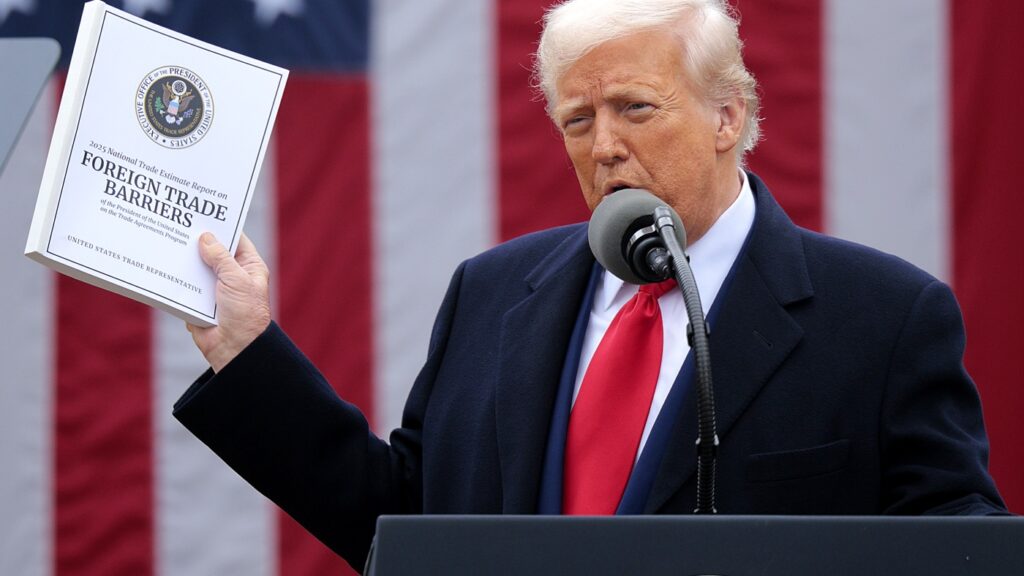Wall Street is expressing growing concerns over the potential decline of America’s superpower status, with CEOs shifting from denial and bargaining to public anger and depression. President Trump’s implementation of tariffs has created significant uncertainty, impacting both consumers and businesses while straining international relationships and increasing the national deficit. Top business leaders are now cautioning about the country’s global financial position being at risk, emphasizing the importance of prompt action.
Key figures like JPMorgan Chase CEO Jamie Dimon are highlighting the critical role of the U.S. dollar in maintaining reserve currency status, urging swift improvement in the country’s economic and military strength. The escalating tariff situation has put CEOs through a roller-coaster of emotions akin to the stages of grief, from denial to anger and depression, as confidence levels plummet.
Prominent business personalities, including billionaire Ken Griffin, are openly criticizing the administration’s tariff policies, warning of adverse effects on the economy and consumers. Calls for more negotiations, particularly with China, are emerging as a strategy to navigate the turbulent trade landscape. While some foresee a potential recession risk, there are lingering uncertainties surrounding trade deals and tariff impacts.
As concerns mount, voices in the financial sector stress the need for acceptance of economic challenges and the preservation of the country’s global economic dominance. The delicate balance between policy decisions and economic outcomes is a central focus, with leaders emphasizing the stakes involved in maintaining America’s economic prowess on the world stage.

